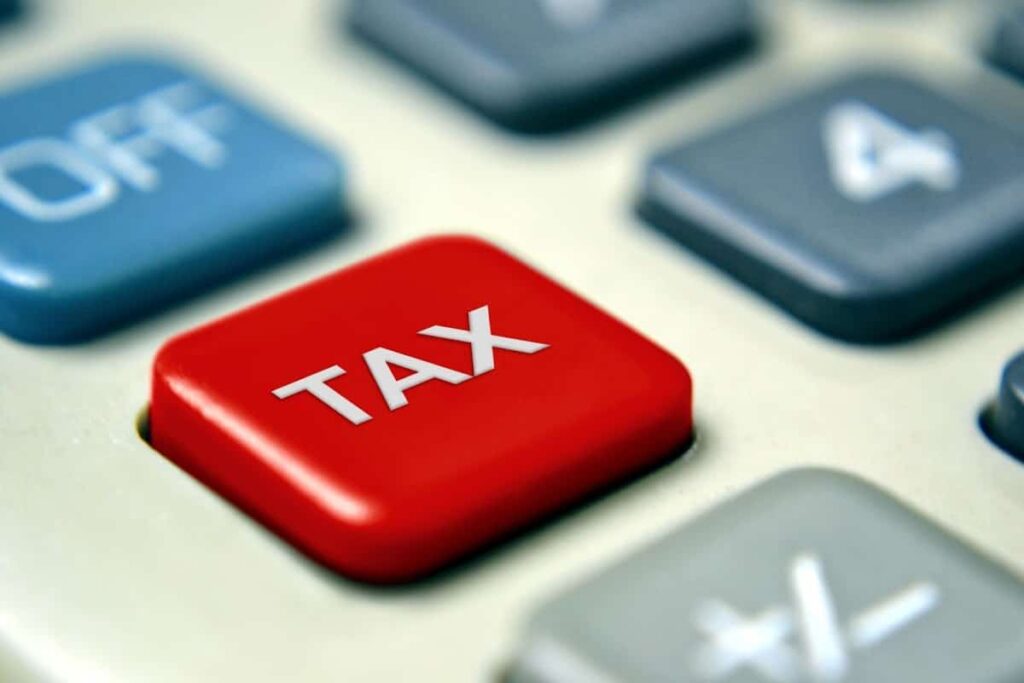Government’s Potential Tax on Rs. 50,000 per Day Bank Transactions: What You Need to Know

Government's Potential Tax on Rs. 50,000 per Day Bank Transactions: What You Need to Know
Introduction
Recent reports suggest that governments in various countries are considering the imposition of taxes on daily bank transactions exceeding a certain threshold, such as Rs. 50,000. This potential move has generated discussions about its impact on individuals, businesses, and the broader economy. In this blog, we delve into the rationale behind such a tax, its potential implications, and how you can navigate the changing landscape of financial transactions.
Understanding the Proposed Tax on Bank Transactions
Governments often introduce taxes as a means to generate revenue, support public services, and regulate financial activities. The proposed tax on daily bank transactions exceeding Rs. 50,000 falls under the umbrella of such fiscal measures. The basic premise is that by taxing larger transactions, governments can tap into a source of revenue while encouraging greater financial transparency and reducing tax evasion.
Key Aspects of the Proposed Tax
- Threshold: The tax would apply to daily bank transactions that surpass a specified amount, which in this case is Rs. 50,000.
- Scope: The tax would affect both individuals and businesses engaged in substantial daily financial activities.
- Revenue Generation: Governments intend to collect revenue from the tax, which could be allocated towards public welfare, infrastructure, and social programs.
- Transparency: The tax is designed to promote transparency in financial transactions, as larger transactions could be more closely monitored by tax authorities.
- Reducing Tax Evasion: By taxing substantial transactions, governments aim to minimize the potential for tax evasion on unreported income.
Potential Implications of the Proposed Tax
- Revenue Generation: The proposed tax could generate significant revenue for governments, which could contribute to economic growth and development initiatives.
- Behavioral Changes: Individuals and businesses may alter their financial behavior to avoid reaching the daily transaction threshold, potentially impacting spending patterns.
- Digital Payments: The tax could incentivize a shift towards digital payment methods, as electronic transactions are easier to track and report.
- Financial Inclusion: Smaller businesses and individuals with infrequent large transactions may be disproportionately affected, raising concerns about financial inclusion.
- Economic Impact: Depending on the implementation and taxpayer behavior, the tax could have varying economic impacts, from minimal disruption to influencing investment and consumption.
Navigating the Changing Landscape
- Financial Planning: Individuals and businesses can adjust their financial strategies to avoid daily transactions exceeding the threshold.
- Digital Payments: Embracing digital payment methods can help you track and manage your transactions more effectively.
- Record Keeping: Maintain accurate records of your transactions to ensure compliance with tax regulations and facilitate reporting.
- Consult Professionals: Seek advice from financial advisors or tax professionals to understand the implications of the tax on your specific circumstances.
- Stay Informed: Stay updated on any official announcements regarding the tax, as policies and thresholds may evolve over time.
Conclusion
The potential imposition of a tax on daily bank transactions exceeding Rs. 50,000 reflects governments’ efforts to enhance revenue, transparency, and financial accountability. While the implications of such a tax are multifaceted, they also highlight the need for individuals and businesses to adapt their financial practices accordingly.
As discussions continue and policies take shape, it’s essential to stay informed, seek professional guidance, and consider strategies that align with your financial goals and circumstances. By remaining proactive and informed, you can navigate this potential tax and contribute to a more transparent and responsible financial ecosystem.
For More Related Articles Browse Our Website Blogster.pk
For social Connection You can also Visit and follow our Social media Platforms
Facebook , Instagram, Linkedin, Pinterest, Quora, Twitter, Youtube.







